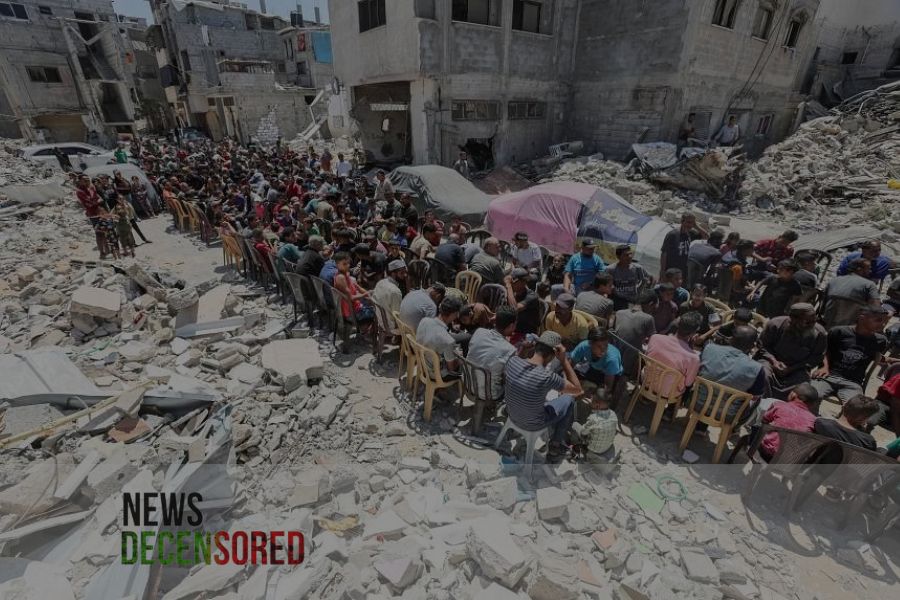Hamas reported on Thursday that it had conveyed to the mediators that the movement would not be engaging in further negotiations in the course of the ongoing Israeli aggression as long as the latter continues its military actions. Still, the movement stands prepared to enter into a “total swap of hostages and prisoners” agreement with Israel, provided that the latter cease its military actions.
Attempts to conduct talks in Cairo with the involvement of the Egyptian and Qatari officials on the necessity and efforts to cease the Palestinian/Israeli conflict in the Gaza war have failed several times, and each side has blamed the other for the negotiations’ failure. This statement came out of Hamas as the attacks by Israel on the southern Gaza city of Rafah still go on defying the International Court of Justice’s stop the attacks order.
Talks on the issue of continuing ceasefire negotiations in the face of aggression, siege, starvation, and genocide of our people, the Hamas statement said. “We have told the mediators today and clearly that if the occupation halts its war and aggression on our people in Gaza, our preparedness is to finalise a whole deal that includes the exchange one.
Hamas has previously made offers which were considered inadequate, mainly because Israel has insisted on their aim to neutralise a group that strives for its destruction. According to the Israeli government, the attacks carried out on Rafah are meant for hostage-taking and eliminating Hamas fighters.
Over the actions of the radical movement, Gaza’s Ministry of Health reveals that currently, more than 36,000 Palestinians have died in the large-scale operation in Israel. Hamas militants provoked the initiation of the operation by attacking the southern Israeli settlements on October 7, last year; the attack caused the deaths of about 1,200 people and the abduction of more than 250 hostages, according to Israeli sources.
Upon increasing tensions, the path to achieving a stable cease fire remains somewhat uncertain, and the Gaza Strip’s humanitarian situation remains dire. The two camps continue holding their stand even as global facilitators try to find a middle ground that will see the warring sides let loose of the bitter fight.
It’s against this background that a political solution is essential as this will help to ease the suffering going on in the Gaza Strip. These conditions mean that continuous military operations have led to significant upheavals in population death rates to already stressed conditions.
Thus, while the two sides continue to defend their positions, Israel stays clear of the group it sees as dangerous and looks to incapacitate Hamas; at the same time, Hamas seeks a ceasefire to reach a consensus agreement regarding prisoners and hostages. In this case, neutrality dramatically comes into play for international mediators since they have a herculean task of negotiating across these divides while seeking to foster sustainable peace and stability in the region.
As the situation continues to unfold, people around the world anxiously wait for the chance of a new approach that would place more emphasis on the delivery of aid and the protection of the innocent from further attacks in the future.















